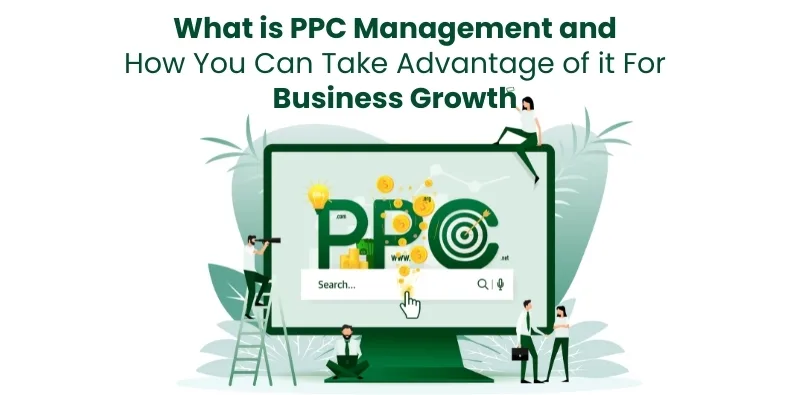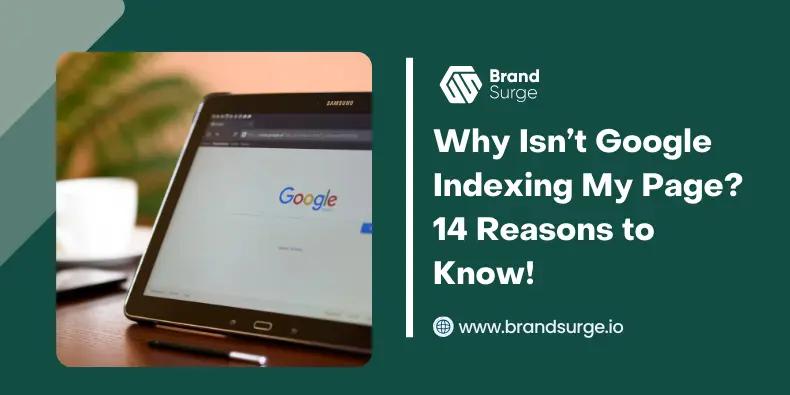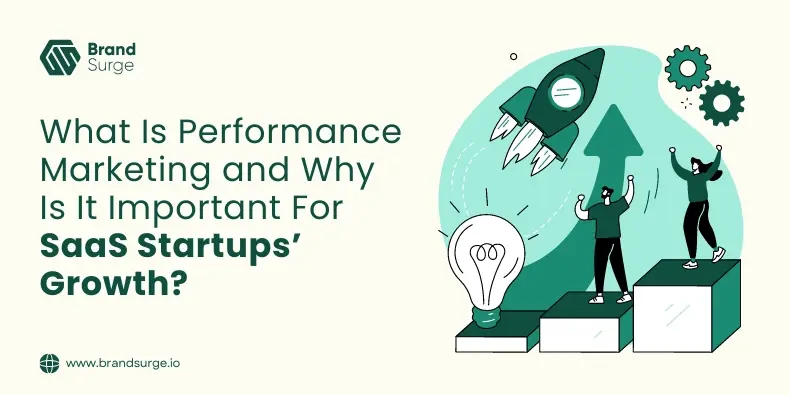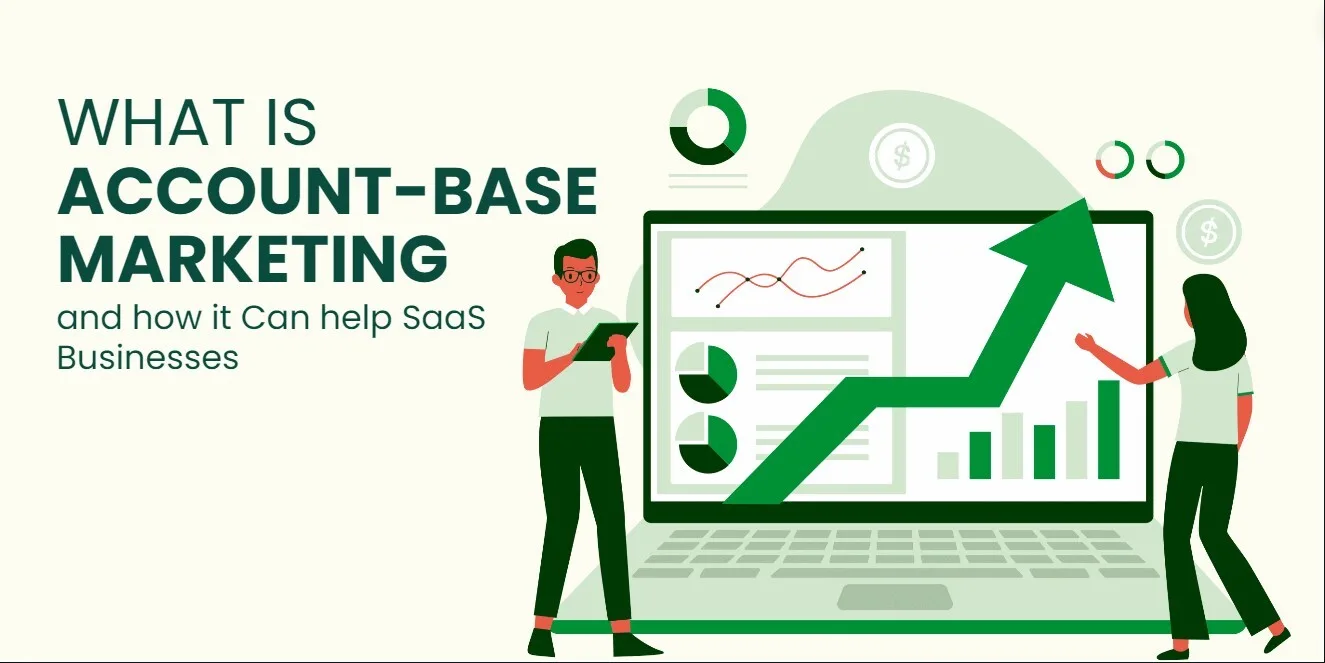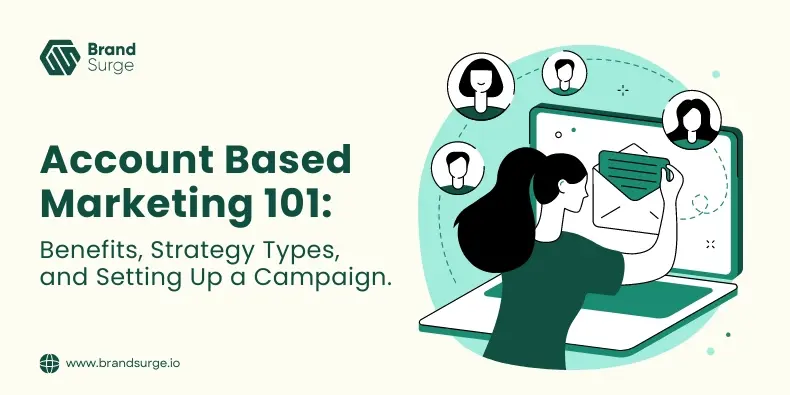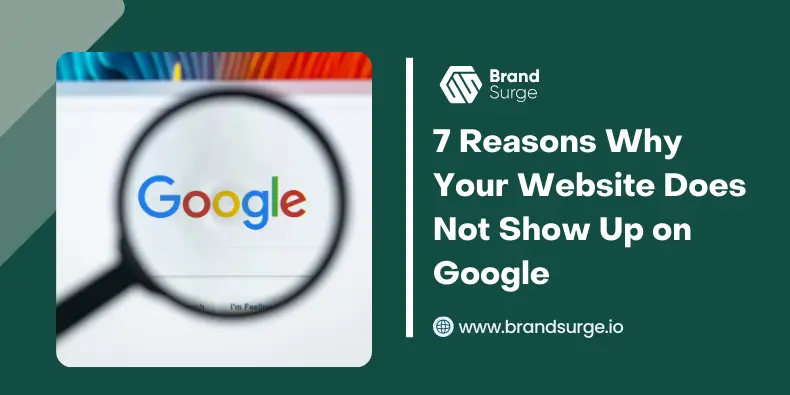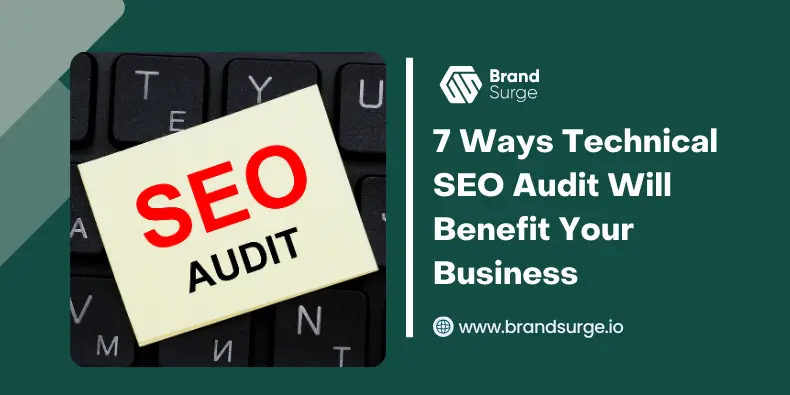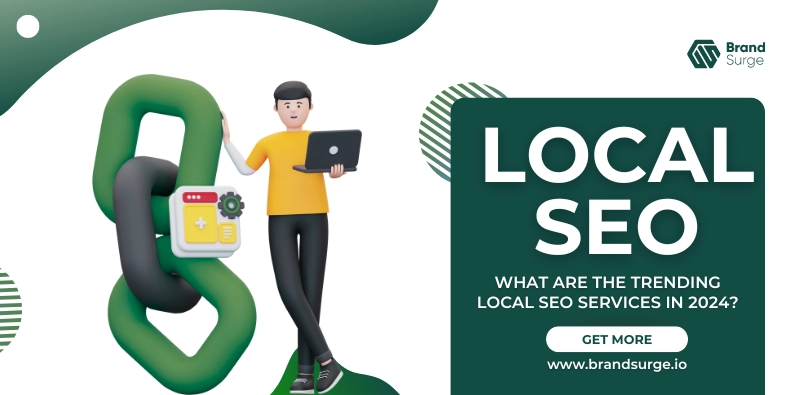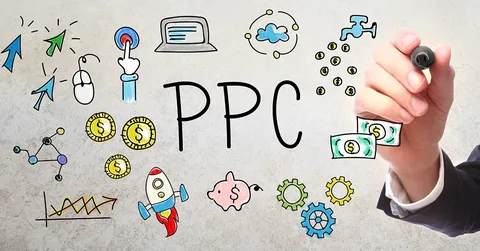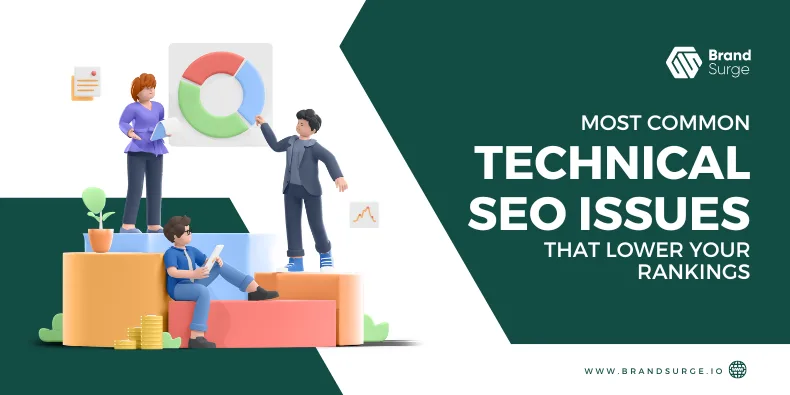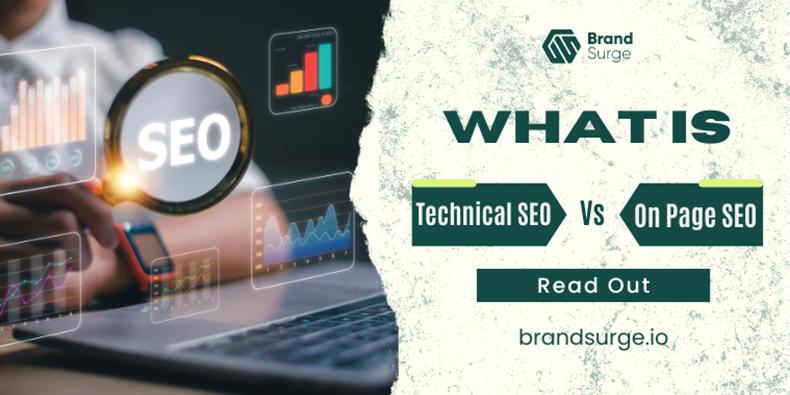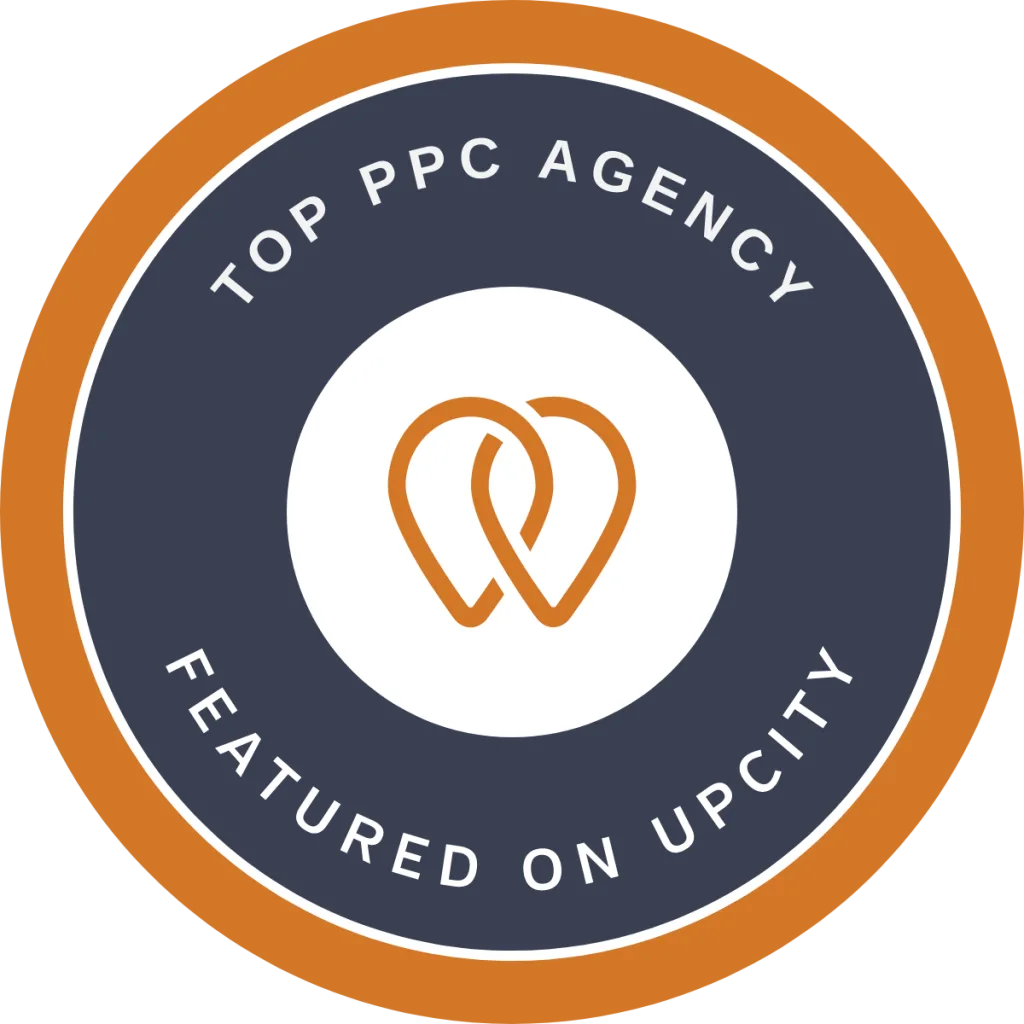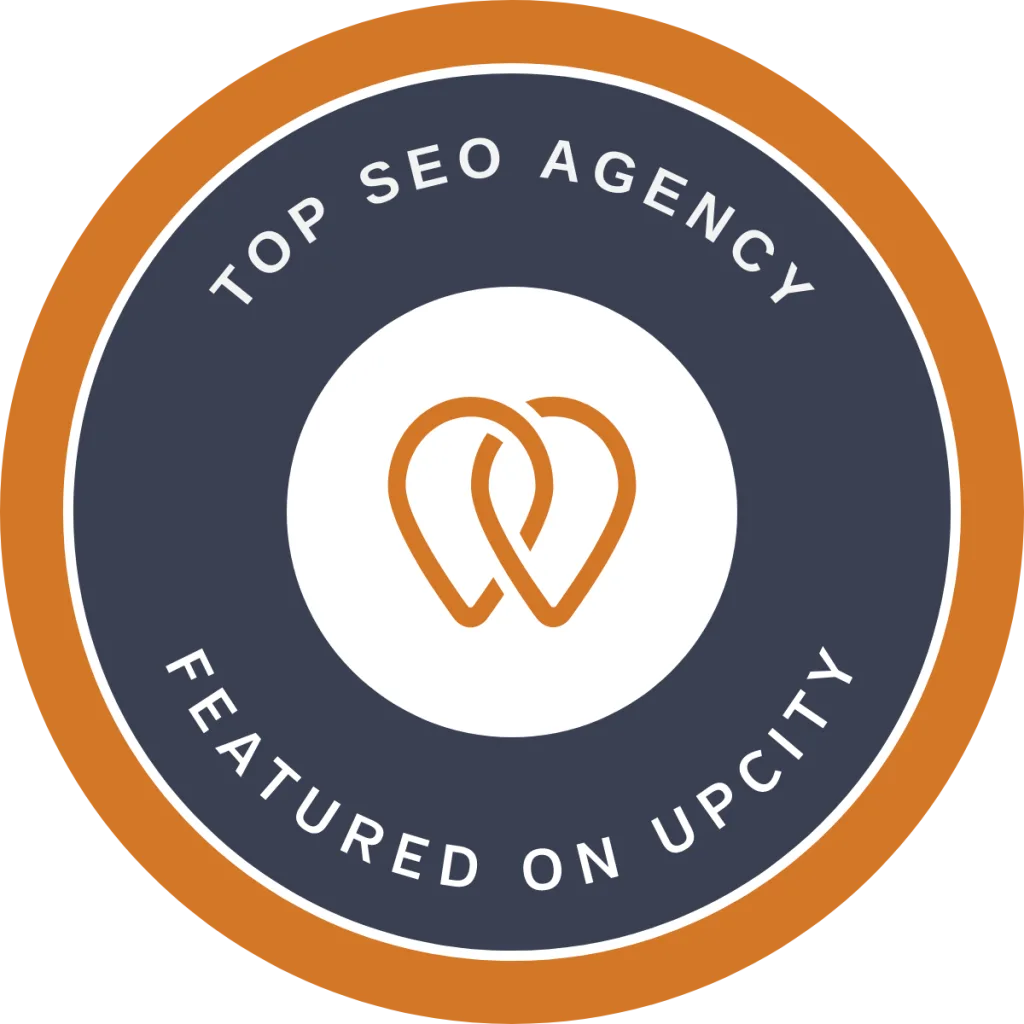When it comes to increasing website traffic, you have two options – SEO and PPC. Both are respectively beneficial and can deliver you the results. The strategies might be different, but they both have the potential to get you the desired clicks, traffic, and sales from your website.
If you own a business and are looking for ways to improve your sales and revenue by using online advertising strategies, this blog will explain to you what PPC advertising is, how you can best use it to your advantage, and 10 Game-Changing Advanced PPC Strategies.

What is PPC?
PPC stands for pay-per-click.
As the name indicates, in this advertising model you only pay for the number of clicks you get on your ad from the campaign.
There is no fixed budget before or after the campaign. But don’t worry. You can still set a budget for yourself and pause campaigns to get control over clicks and reach.
And PPC Management?
Where PPC is the advertising model, PPC Management is the complete process of its execution – from planning, strategy, and setting to running and analysis of the campaign, including white label PPC.
In simple words, it’s your strategy – including
- The keywords you target
- The SEM strategies you choose
- The copy you use in your paid ads
- The metrics you track and the tools you use to track them
- Campaign optimization
- A/B testing
All these factors have their significance in the process, and you will need to dedicate a certain amount of time and effort to make sure you’re not compromising on anything.
You can manage your PPC ads on your own using PPC management software. However, it’s a complex process overall; even the slightest miss on any factor can negatively impact your result and make you lose money.
Therefore, many companies decide to work with a digital agency to maximize their spending and conversions.
How PPC Management Strategy Can Help Increase Your Revenue?
When it comes to business, all your decisions are based on one question, “How will it help your business?”
You want to get the best out of every practice you use for your business advertising. And PPC management, when done correctly, can get you where you want to go. You just need to get clarity over your goals and set the strategy in alignment with it.
The following are some ways PPC strategy helps you increase your business growth, traffic, and, ultimately revenue:
- Brand awareness: No matter what industry you’re in, the competition is very tough out there. You need to put your business in front of the right people to get noticed (which isn’t a piece of cake anymore). It requires strategy, but a well-thought, research-based plan can enable you to achieve this quite effectively.
- Target the right people at the right time: To attract the right people, you want to send your personalized ads to the sites and place them in search pages whenever someone searches for products or services like yours. Having clarity on your target audience, their search intent, and the reason for targeting them helps you design an effective strategy that significantly increases your success rates.
- Reduced cost of conversion: When you know who to target, you only aim for that specific segment of your audience. You don’t have to target a huge chunk of your vague audience. You highly personalize your ads to hit your target audience in the spot and secure a conversion. Meaning more conversions at less cost.
- Discovering new keywords: If you are using PPC management software to discover new keywords or choose to work with an agency, new keywords always give you expanded potential for more business.
- More conversions: As your ads are optimized and target your ideal audience based on your buyer persona, you can considerably increase your conversion up to 39%, as per the analyte study.
How To Set Up an Effective Google PPC Campaign?
Whether you’re thinking of running a PPC campaign on your own or deciding to work with an agency, having a clear understanding of the process will help you get more clarity, control, and a better vision to set your effective strategy and realistic goals for your marketing.
Step 1 | Set Specific Goals
The most impactful PPC campaigns are built on clear roadmaps. So you must have clarity about your goals, know what you want from the campaign, and design everything from that perspective.
Your goals could be:
- Brand awareness: if you’ve just started your business or as a renowned brand trying to expand your customer base, you can aim to increase brand awareness and attract as many people as possible with your campaign.
- Getting more traffic on your website: Regardless of what type of business you own, your very possible and initial goal can be to increase your website traffic.
- Increasing sales: If you’re selling products online or running an e-commerce store, your goal can be getting more clients to your website and getting more sales.
- Generating more leads: If you’re aiming to enhance your B2B business, your priority goal can be to drive traffic and convert these visitors into qualified leads that you can later nurture into clients.
Step 2 | Set a Budget & Filter Your Audience
After getting clear about your goals, the most essential step is to be specific about your target audience.
Who do you want to attract? What type of people would want your service? You need to get into their shoes and see the world from their perspective. It is recommended to develop a buyer persona of your potential customers. This helps you in designing your strategy, ad copies, and ad placements in the way that would be most appealing to your ideal audience.
Step 4 | Select the Platforms You Want to Use
Once you have a clear picture of who you are talking to, you can easily analyze the best platforms to approach them. Every social media platform has a unique purpose and audience type. You can’t effectively target the younger generation on Facebook, as its user base is 77% of people in the age bracket of 40-60, as per Hootsuite survey.
If you are aiming to reach a more knowledgeable and higher-educated audience or own a B2B business, Linkedin is your ideal platform.
Step 5 | Write a Personalized Ad Copy
Ad copy is the text that people see. It includes a headline and ad description (and make sure you add a very clear CTA). Visualize your customer, and think of what they want to hear, address their pain points, and how your product or service will help solve them. A clear goal will help you write a compelling copy that directly speaks to your audience’s interest and gets you the desired clicks.
Step 5 | Set up the Ad Campaign
Once you have your copy, all you have to do is set up your campaign on your Google Adwords account. It is essential to review your ad campaign carefully before publishing. Make sure it’s error-free. Your ad will be your first impression for thousands of people online, and you want to give the best.
Step 6 | Track Performance and Improve
The last step is to keep track of your PPC campaigns and see what works and does not work for your business. It is important to improve your campaigns based on performance metrics, past statistics, and testing results.
How Partnering with Brand Surge Can Help Enhance Your PPC ROI?
Keeping track of all the aspects and steps in PPC strategy may be too much for you. That’s where digital marketing agencies come to your rescue. When you partner with Brand Surge, our PPC specialist gives you a free consultation to help you get clear about your goals, and audience and design a strategy that directly aims for your audience and ensures the best result.
Our PPC management experts will take care of the following responsibilities for you:
- Researching and implementing new strategies
- Creating reports on campaign performance and making recommendations
- Completing keyword and competitive analysis
- Keeping track of Google updates
- Managing the budget of campaigns so they are in line with your goals
- Copy creation and channel targeting
Conclusion – PPC Management
As per Virteom, the traffic brought through PPC advertising yields 50% more conversions than organic advertising. It shows that Google PPC is becoming more relevant to every business’s digital marketing strategy than ever before. Meaning Google PPC ads persuade customers at the consideration and decision stage of the marketing funnel.
PPC specialists on board with us focus on providing you with highly customized PPC strategies for your specific PPC campaigns.
You can manage your ads on your own or speed up the process by outsourcing to a leading Digital Marketing Agency.
